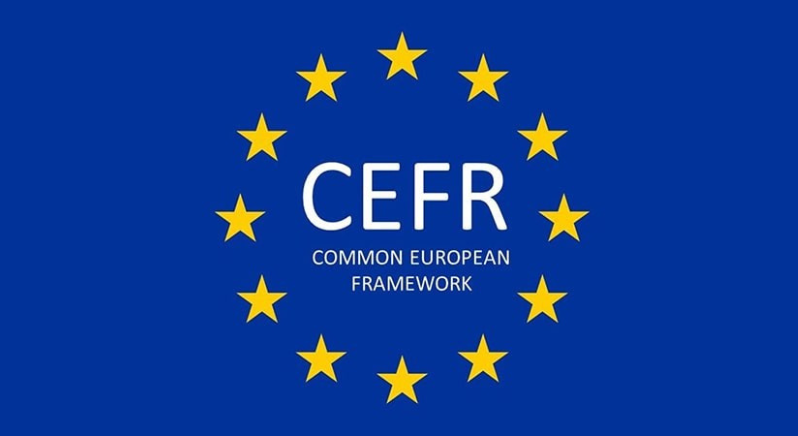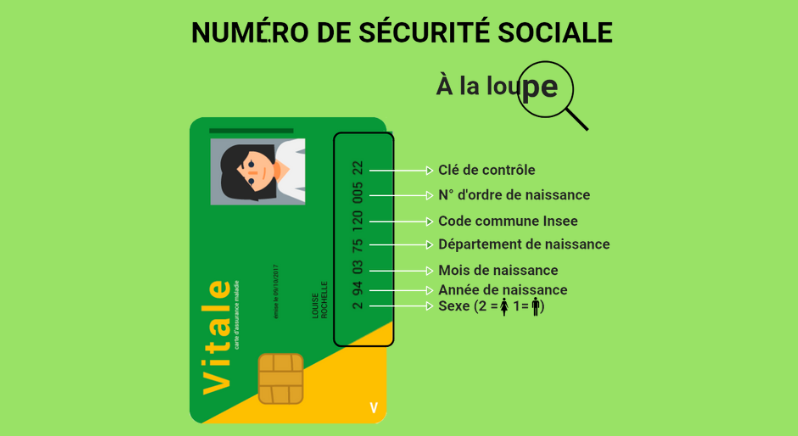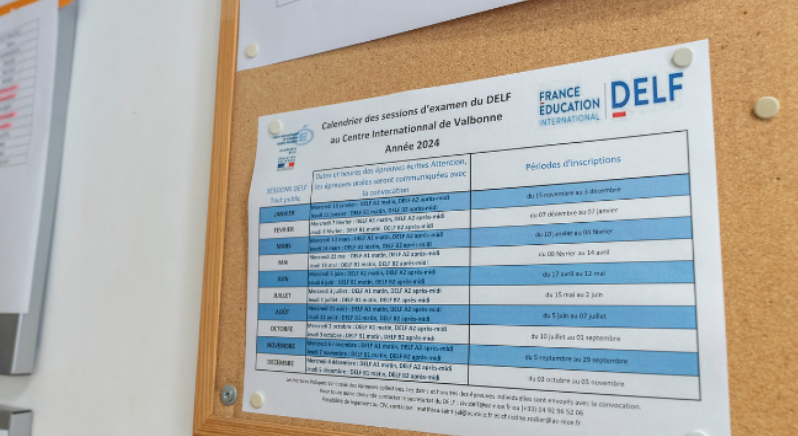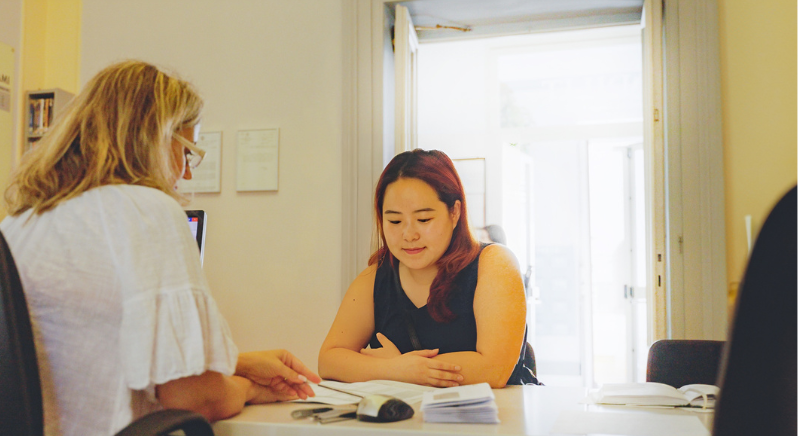The Common European Framework of Reference for Languages (CEFR) is a widely recognized standard for measuring language proficiency across Europe.
For language students, understanding the different CEFR levels is essential to determine your current level, set your target level, and estimate how long the journey will take.
What is the CEFR and who created it?
The CEFR was developed by the Council of Europe to standardize language learning, teaching, and assessment across Europe. Initiated in the early 1990s, it was created by a team of linguists and educators and officially published in 2001 as a framework for curriculum design, exams, and learning materials.
How does the CEFR work?
The CEFR is used by language schools and universities in France and around the world to assess proficiency in French and other European languages, such as English, Italian, and Spanish.
It divides learning into 6 levels, from beginner (A1) to proficient (C2), with each level marking a key milestone in your language journey.
| Levels | Language skills |
| A1 (Beginner) | ・You can understand and use familiar everyday expressions and very basic phrases. ・You can introduce yourself and others and can ask and answer questions about your personal details (where you live, people you know and things you own). ・You can communicate simply when the other person speaks slowly and clearly. |
| A2 (Elementary) | ・You can understand sentences and frequently used expressions related to everyday topics such as personal information, shopping, local geography, or work. ・You can communicate simply on familiar and routine matters. ・Yan describe in simple terms your background and immediate environment. |
| B1 (Intermediate) | ・You can understand the main points of situations regularly encountered at work, school, etc. ・You can deal with most situations likely to arise while traveling in a French-speaking country. ・You can write simple texts on topics you are familiar with or of personal interest. ・You can describe your dreams, hopes and ambitions and briefly give explanations for your opinions and plans. |
| B2 (Upper Intermediate) | ・You can understand the main ideas of complex texts on both concrete and abstract topics. ・You can interact with a degree of fluency and spontaneity that makes regular interaction with native speakers smooth. ・You can write clear and detailed texts on a wide range of subjects and express your viewpoint giving the advantages and disadvantages on a given issue. |
| C1 (Advanced) | ・You can understand long and demanding texts and grasp implicit meanings. ・You can express yourself spontaneously and fluently in social, professional, or academic settings. ・You can speak clearly and in a well-structured way on complex topics. |
| C2 (Proficiency) | ・You can understand everything you hear or read with ease. ・You can summarize all types of facts and arguments and present them coherently. ・You can express yourself spontaneously and very fluently, conveying subtle nuances even on complex subjects. |
Why the CEFR matters for language students?
Understanding the CEFR and its different levels is important to know your current level and your target level, and how long this journey will take. It helps you set clear learning goals, mesure and track your progress as you exactly know toward which level you’re working for.
If you’re applying for higher education in France, then you’ll need to show proof of your French level. Level B2 or C1 is commonly required for French programs.
How long does it take to learn French?
With 20 hours of study per week, reaching a good level in French (B2 level) typically takes 18 months.
Here’s an estimate of the duration required to master French at a language school in France. The hours are cumulative, meaning each level builds upon the hours spent learning the previous one:
・A1: 1–2 months (60–100 hours)
・A2: 2–3 months (160–200 hours)
・B1: 4–5 months (360–400 hours)
・B2: 7–8 months (560–650 hours)
・C1: 10–12 months (800–950 hours)
・C2: 12+ months (1000–1200 hours)
Read our full guide: https://gogofrance.com/en/blog/how-long-to-learn-french/

From beginner to fluent with Go! Go! France
Our partner language schools offer CEFR-aligned programs designed for international students.
In less than 2 years, you can go from a complete beginner level to a fairly good level, allowing you to study at a French university, work in France, and navigate life in France without difficulties.
Contact us and we’ll help you find the right school and guide you through the process.





